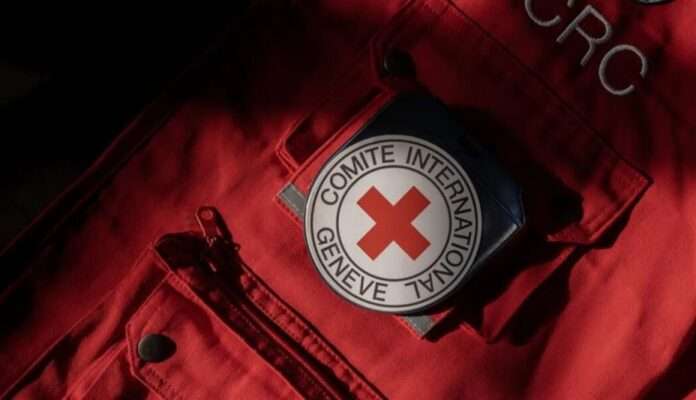

The International Committee of the Red Cross (ICRC) has revealed that at least 24,000 Nigerians have been declared missing since 2015, with the majority of cases stemming from conflict-affected regions in the north-east.
María Toscano, Team Lead for the ICRC’s Protection of Family Links programme, disclosed the figures during a media workshop in Maiduguri. She stated that the Red Cross continues efforts to trace the whereabouts of those missing, many of whom vanished during periods of intense conflict and displacement.
Borno State alone accounts for nearly 9,000 of the missing persons, with Bama Local Government Area recording the highest number—about 5,000 cases. Toscano added that out of the 16,000 missing persons registered in the northeast, 65 per cent were children at the time of their disappearance.
“Of the 24,000 people missing across the country, 71 per cent of the cases occurred between 2014 and 2015,” she said.
While progress has been slow, Toscano noted that 11 people have been reunited with their families so far this year, bringing the 2024 total to 24. However, efforts continue to be hampered by limited access to conflict-ridden areas and communication barriers with affected families.
Speaking earlier, Head of the ICRC sub-delegation in Maiduguri, Diana Japaridze, expressed deep concern over the prolonged separation of families due to over a decade of armed conflict.
“Some people spend years searching for loved ones, often with no result. Families have a right to know what happened to their relatives,” she said. “In moments of violence and displacement, entire families can be torn apart in minutes—leading to years of uncertainty and trauma.”
Japaridze also called on the media to play a critical role in amplifying the plight of missing persons and the rights of their families. She urged journalists to report with empathy and professionalism, and to help increase public awareness around the issue.
She emphasised that both states and media institutions have a responsibility to shed light on the growing crisis, which remains a humanitarian concern under international law.










